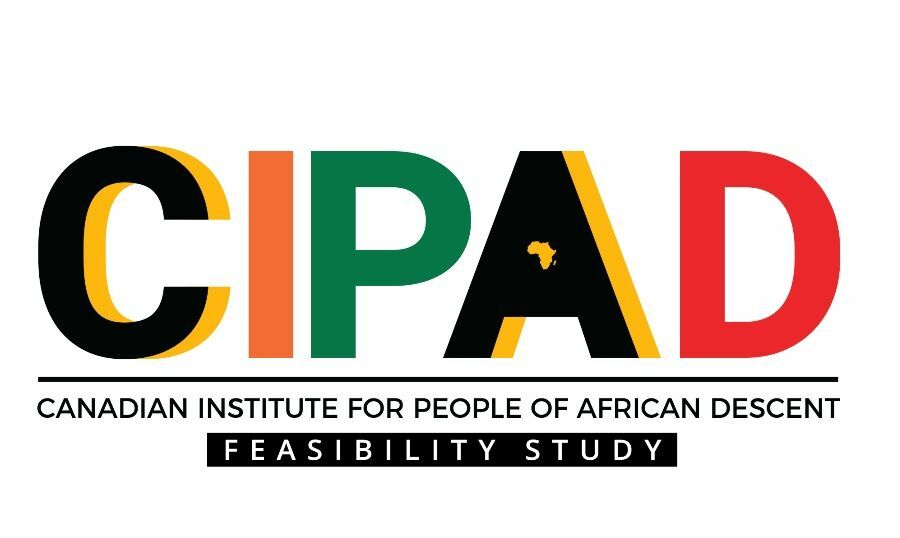“The pandemic is a really good example of something that affects us disproportionately because of all the other disparities, it’s impacted us in a way that it hasn’t affected any other community,” Quammie Williams explained.
Williams is the Project Manager for Canada’s first-ever institute dedicated to researching the progress of Black Canadians, the Canadian Institute for People of African Descent (CIPAD). CIPAD’s objective is to create culturally-appropriate policies to help remove the disparities and inequalities faced by Black Canadians and improve their social determinants of health. The initiative was partially inspired by the UN’s International Decade for People of African Descent.
CIPAD was thought up by a group of people from around the country in a forum called “Meeting of the Minds” more than two years ago. Late last year, the CIPAD members convened a virtual town hall with community leaders and members of organizations to discuss the institute. During Black History Month, CIPAD members began to share the results of their feasibility study in media interviews, ahead of their official launch.

People Of Colour make up 34 percent of the workforce in frontline or essential-service jobs compared to 21 percent in other industries, putting them at higher risk of being infected by COVID-19. People who work in these industries usually earn less money and don’t have paid sick days which also increases their likelihood of spreading or contracting COVID-19. Williams believes that knowing information like that earlier could have led to better outcomes for the Black community.
“If we had a CIPAD, we would’ve had some models already to extrapolate information about how a pandemic like this would affect our community, instead of being blindsided by it,” he said.
CIPAD aims to create solutions, act proactively, raise awareness of the issues facing Black Canadians, and connect Black communities across the country. The initiative is governed by a council of elders known as an Ushauri. The Ushauri works with a team of experts to come up with and implement strategies.
“For far too long there has been a dearth of research and evidence to support the development and evolution of African-Canadians,” said Noah Boakye-Yiadom, Co-chair of the Ushauri.
Data collection and analysis is a crucial component of CIPAD’s work because it provides concrete details that highlight the lived experiences of Black Canadians. CIPAD then uses the information it gathers to inform their policies. Collecting and analyzing data is also important for exposing discrimination and disparities. Advocates have long called for the government to collect disaggregated-race-based data to better understand how issues affect different populations, often to no avail.
Williams says race-based data is particularly important when addressing discrimination in education, employment, and the justice system. Without data, it’s difficult to prove the existence of discrimination or demand change. He also said that the discrimination Black people experience is often purposeful and the evidence of it is often willfully ignored.
“The systemic racism that exists is so pervasive that it's sought to silence or negate some of what we as a community were feeling and what we were reporting,” he said.
According to Williams, once you have concrete evidence, you can scrutinize it further to understand it holistically. He believes that a lot of it comes from racism and Canada’s identity as a post-colonial nation.
“There was a global, European, colonial project that existed for hundreds of years. So it’s not a mystery that we're in the situation we are today,” Williams stated.
After gathering and scrutinizing the information, CIPAD looks at what is the cost or effect on the Black community. Their research found that the estimated economic impact of anti-Black racism from occupation segregation and wage discrimination cost Black Canadians $1.5 billion per year. Williams argues that Black people, and the government, need to recognize themselves separately from other racialized groups. He also thinks that Black Canadians should think of themselves as a national community, not fragmented groups.
Williams sees CIPAD as the first step in creating a national Black community. He cites CIPAD’s ability to speak on a national front, in a unified manner, as one of the institution's biggest strengths.
“Right now, our communities across the country are often battling similar things and we need to be able to show here's what’s going on with us as a people and address the broader concerns we have across the country as one people,” Williams said.

 By
By 





